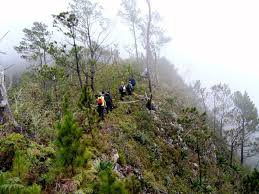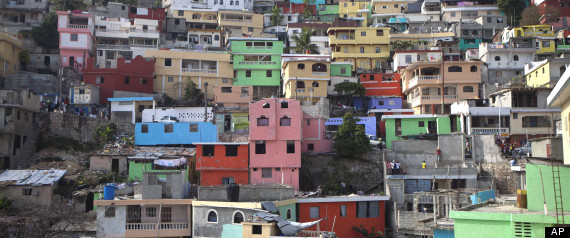Haiti to Implement Land Mangement Program in Pic Macaya
 Below is an announcement by the Inter-American Development Bank (IDB) concerning a $9 million grant to promote sustainable land management at Macaya National Park. The park holds one of the country's largest remaining forests and is of historical importance having a fort built by Jean Jacques Dessalines in 1804. For more background about Macaya, take a look at this Forbes Article published in March 2013.
Below is an announcement by the Inter-American Development Bank (IDB) concerning a $9 million grant to promote sustainable land management at Macaya National Park. The park holds one of the country's largest remaining forests and is of historical importance having a fort built by Jean Jacques Dessalines in 1804. For more background about Macaya, take a look at this Forbes Article published in March 2013.











